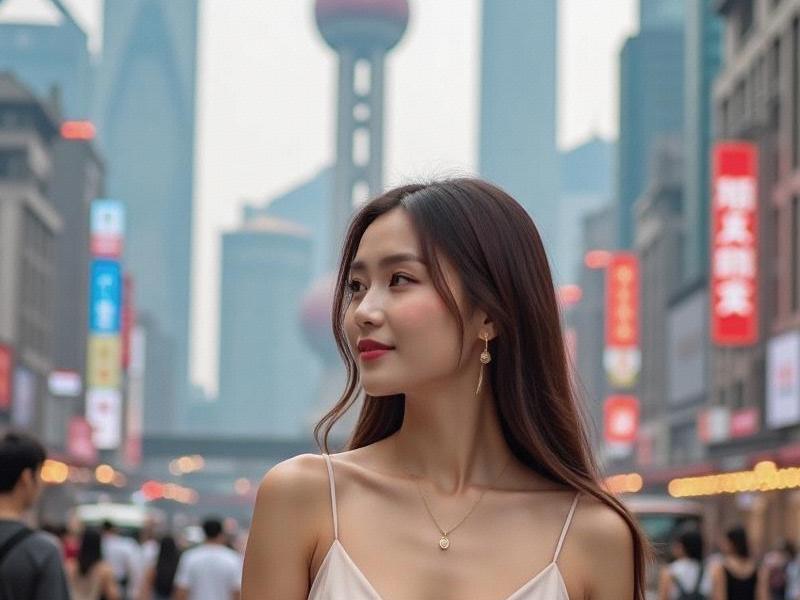This investigative report uncovers how Shanghai's women are leading China's cultural renaissance through literature, visual arts, and digital media, creating new paradigms of feminine expression.

The scent of old books mingles with freshly brewed pour-over coffee in the backroom of Lumière Books, where a group of Shanghai's most influential female writers gather for their monthly salon. Among them stands Lin Hui, whose experimental novel "Electric Shadows" recently won the Mao Dun Literature Prize - the first Shanghainese woman to do so in 15 years. This gathering represents just one node in Shanghai's thriving network of female-led cultural innovation.
Recent cultural indicators reveal this quiet revolution:
- Women author 58% of Shanghai's published literary works in 2024, up from 42% in 2015
- Female directors helm 67% of independent films produced in Shanghai this year
- The city's galleries report 73% of featured artists are now women under 40
上海龙凤419贵族 "Shanghai women aren't just muses - we've become the architects of China's contemporary culture," says multimedia artist Xia Yuchen, whose immersive installation "Memory Palaces" recently toured Venice Biennale.
Four spheres where Shanghai women are redefining cultural production:
1. The Literary Vanguard:
The "New Shanghai Realism" literary movement, led largely by female authors, blends urban memoir with social commentary. Writer Chen Xi's viral Substack newsletter "Letters from Yongkang Road" has reinvented Chinese personal essays for the digital age.
上海龙凤419杨浦
2. Digital Storytellers:
Shanghai-based female creators dominate China's short video platforms, with 43 of the top 100 Douyin education accounts run by women. Tech entrepreneur Vivian Wu's "Heritage 2.0" uses AR to reinterpret Shanghainese cultural landmarks.
3. Gallery Pioneers:
The rise of women-owned art spaces like The White Studio has diversified Shanghai's art scene. Curator Fang Yuan's groundbreaking "Women Painting Women" exhibition challenged traditional gender portrayals in Chinese art.
上海喝茶群vx
4. Cultural Entrepreneurs:
From specialty coffee shops doubling as literary salons to concept stores promoting local designers, Shanghai women are building infrastructure for alternative culture. M50 art district now houses 27 female-founded creative businesses.
Yet challenges persist. Many female artists report facing "soft censorship" when addressing sensitive topics, and the commercial art market still undervalues women's work by an average of 28% compared to male peers.
As dusk falls over the Suzhou Creek art district, the glow from studio windows reveals women at work - painting, writing, coding, debating. In these spaces, Shanghai's women aren't just participating in culture; they're rewriting its very DNA for a new China.